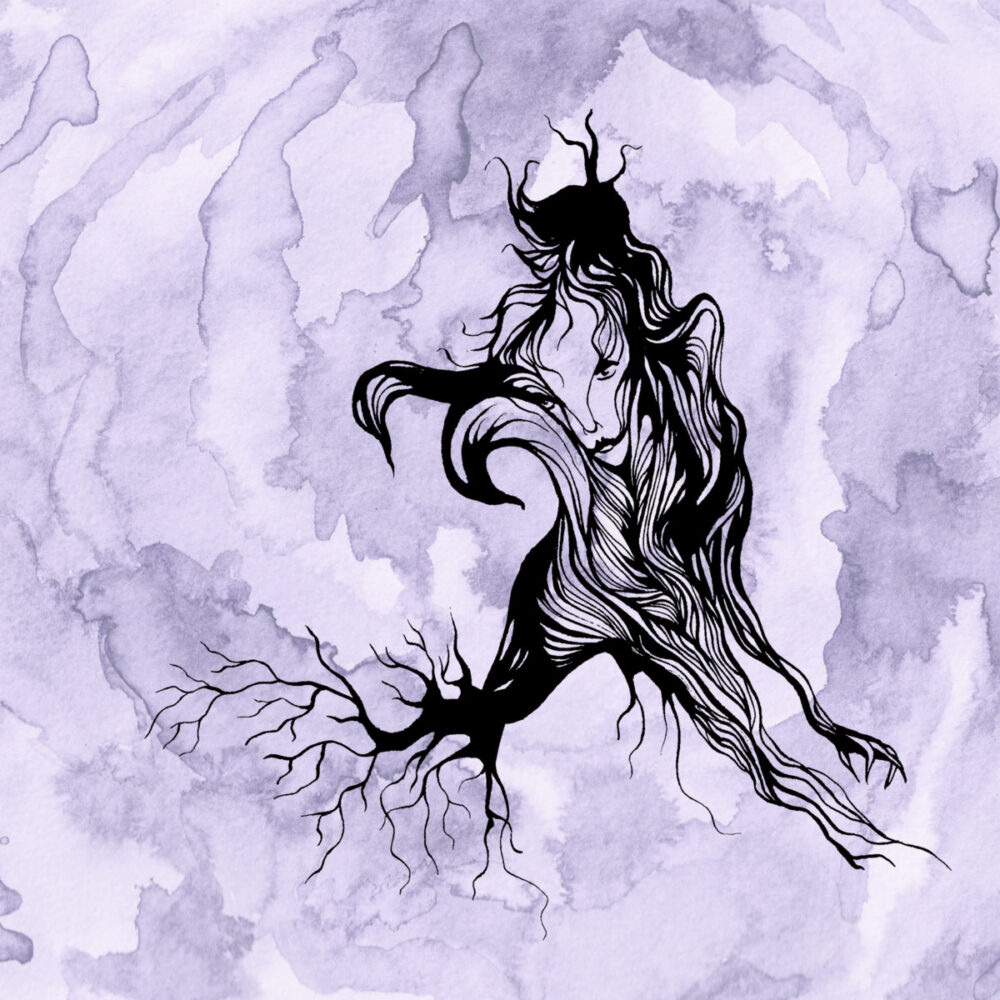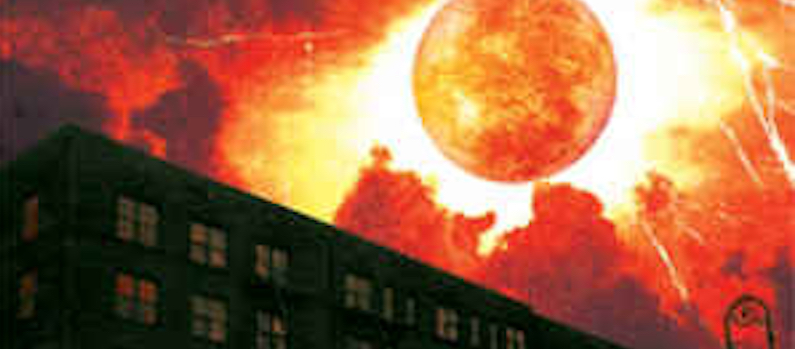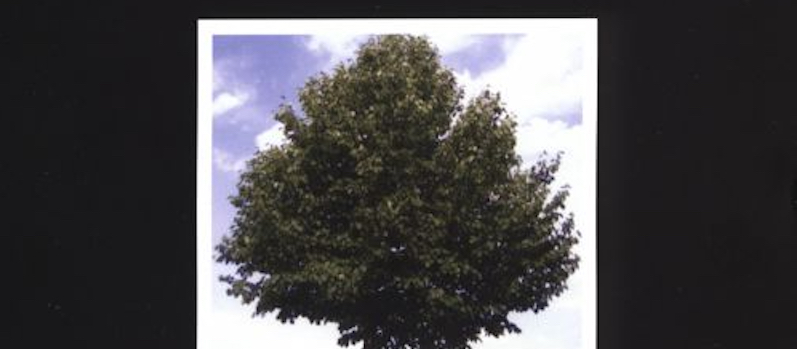Clara Engel makes skeletal music whose bizarre sense of Minimalist scale is only outstripped by the haunted and almost foreboding nature of the soundscapes they create. Engel calls the work “genre-bending folk art,” though it traces its lineage as much in the scales and timbre of the Delta blues – or Structuralist sound art, for that matter – as it does the folk scene with which most North Americans are familiar. (Engel hails from Toronto.) The typical Engel song is a repeated, undeterred motif on acoustic or undistorted electric guitar – often tinny or reverb-laced, with attention to the movement of fingers and the picking of strings – over which they offer ghostly, sometimes plaintive vocals dealing with the little details of human interaction and the natural world. Their new LP, Dressed in Borrowed Light, is a six-song affair they self-released this month.
It takes about 30 seconds to decide your feelings about Engel. Their sound is that divisive; you either love it or loathe it. The lovers, in turn, are treated to a rich and quickly expanding discography that runs deep with Engel’s other-worldly observations. (Their Bandcamp page and Patreon account offer dozens of releases, scores of songs.) Engel rewards second and third listens with subtle details you miss on first pass, and the more you give yourself over to the mood they’re setting – it is pretty melancholy stuff – the more magical they seem. Diving deeper into the discography, though, is both part of the problem and part of Engel’s charm or strength: a lot of their songs sound the same. It is not, as planned as it might seem, for lack of imagination. Engel always sounds engaged and passionate about their work, and little – even down to the carefully inked cover art – seems half-thought-out. But, on Dressed in Borrowed Light, the best moments are the ones where they divert from the tried and true, if only slightly.
Attention must be paid to catch Engel injecting a bit of variation into their work – the sense of minimalist dread runs very, very deep. But, if you listen closely, you can hear it: the carefully layered backing on “Pomegranate Seeds,” for example; the warbly mutilation of lingering guitars introducing “Heart of Rags” or on the beautiful “Flame Tree Sings;” and – even more so – the occasional punctuation or line-repetition of a backing vocal. (The music is so wonderfully solitary, it’s hard to imagine Engel performing it alongside another human, something you cannot say about their earlier work.) Here, the new work seems to find its true legs, as a kind of variation, however subtle or slight, on the growing body of work Engel has labored to birth.
The aforementioned loathers have plenty of ammunition. Engel is dedicated to – arguably even devout about – their forms, and each track feels like a wounded bird that has been nursed back to health in some warm, well-lighted place, only to be released back into the tumult of the world. It’s not for everybody. But, for those enthralled by it, there’s a kind of wonder to the new disc – and it’s hard to deny epic moments like the closing of “Heart of Rags,” where, among circular and digitally delayed guitar arpeggios, Engel, their vocals also looped and backing themselves, simply whisper-sings “Heart of rags/ doused in kerosene/ burning clean, burning clean.” Just the reminiscence of the moment will cause goosebumps.
It’s up to a better reviewer or critic to place Engel somewhere in the musical cosmos. Engel’s work has the careful craft and some of the structures of ambient work, but their lyrics delve into subject-matter more akin to the folksy poet/singer-songwriter. They seem aware, possibly even proud, of their outsider status, embracing it with a trademark approach that is uniquely their own. We don’t know if we could listen to five Engel LPs in a row and pick apart the wheat from the chaff – the work is enveloping, and, accordingly, repetitive. But, when they’ve nailed a scene or captured a feeling, watch out: they’ll bring you to your knees. — Justin Vellucci, Spectrum Culture, Aug. 22, 2021
-30-




